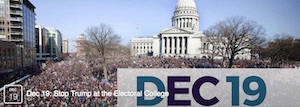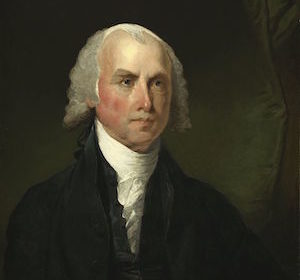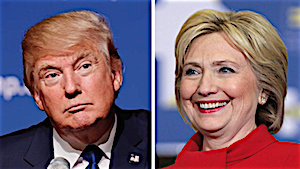The Electoral College seems like a strange piece of political machinery. It side-steps the popular vote, inserting a second layer of voting between the straightforward popular vote, cast by ordinary citizens, and the election of the next President. Sometimes candidates win the popular vote, but lose in the Electoral College, so the next President is the candidate who actually lost the popular vote. This generally angers voters who supported the losing candidate.
This is exactly what happened during the most recent election this week, where Donald Trump won the Presidency despite being behind by about one million popular votes, and in the 2000 election George Bush beat Al Gore in this way, with a smaller difference. Cities and states don’t use a similar system to elect mayors and governors. For those races the popular vote is just fine. So why do we elect our Presidents in this strange and sometimes frustrating manner?
Early arguments for the Electoral College included the difficulties of relying on ordinary people on a large, scattered continent with 18th century communications, to choose the President, and also the difficulties of clearly discerning Presidential and Vice Presidential choices. But developments in inter-related political parties, and the 12th amendment, eliminated these issues by 1803. So why did the Electoral College persist?
Sadly the reason is mired in one of the nation’s most tragic institutions—-slavery. The Electoral College was part of a compromise drafted by the Founding Fathers that afforded the Southern Slave States a competitive advantage. At the Philadelphia constitutional convention, James Wilson of Pennsylvania had proposed a simple popular vote. But James Madison, of Virginia, recognized that this left the southern states, with a large population of non-voting slaves, at a distinct disadvantage to the northern states. A compromise was worked out using the Electoral College. Each slave in a given southern state would count as 2/5 of a person, and the resulting number would be factored into calculating the number of Electoral Votes for that state. This worked out well for the south, particularly Virginia, which dominated Presidential Elections early in the nation’s history.
But times have changed. The Electoral College has outlived its usefulness, and is, in fact, an artifact of slavery, which is a loathsome institution. The United States fought a long and bloody civil war culminating in an end to end slavery, and for decades Americans have strived for progress in the arena of civil rights for all citizens. It’s time to retire the Electoral College, and implement a simple popular vote, like we use for mayoral and gubernatorial elections.
Learn more about the origins of the Electoral College (Time.com)
Photo: Wikimedia Commons / By Gilbert Stuart – 1. Uploaded to en: by User:Csberger at July 7, 20052. National Gallery of Art, Washington, DC, Public Domain, Link –
| This work is in the public domain in the United States because it was published (or registered with the U.S. Copyright Office) before January 1, 1923. |
|





